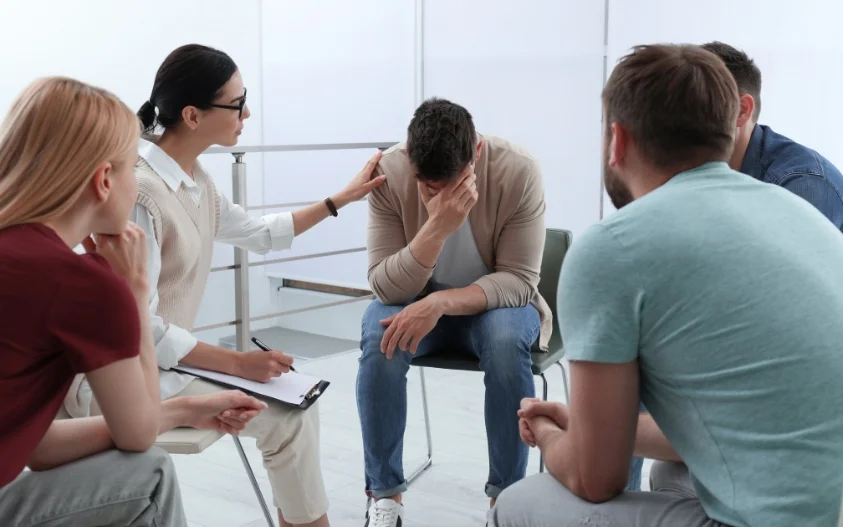24/7 Helpline:
(866) 899-221924/7 Helpline:
(866) 899-2219
Learn more about PTSD Rehab centers in Pleasant View

Other Insurance Options

American Behavioral

Kaiser Permanente

Health Partners

Group Health Incorporated

Optum

Sutter

UMR

WellPoint

Magellan

State Farm

Magellan Health

MVP Healthcare

Molina Healthcare

GEHA

ComPsych

UnitedHealth Group

Medical Mutual of Ohio

Humana

Private insurance

BlueShield








The Recovery Center
The Recovery Center is a non-profit rehab located in Cortez, Colorado. The Recovery Center specializ...

1st Alliance Treatment Services
1st Alliance Treatment Services is located in Cortez, Colorado. 1st Alliance Treatment Services prov...

Misfit Addiction Counseling
Misfit Addiction Counseling is a public rehab located in Cortez, Colorado. Misfit Addiction Counseli...







































